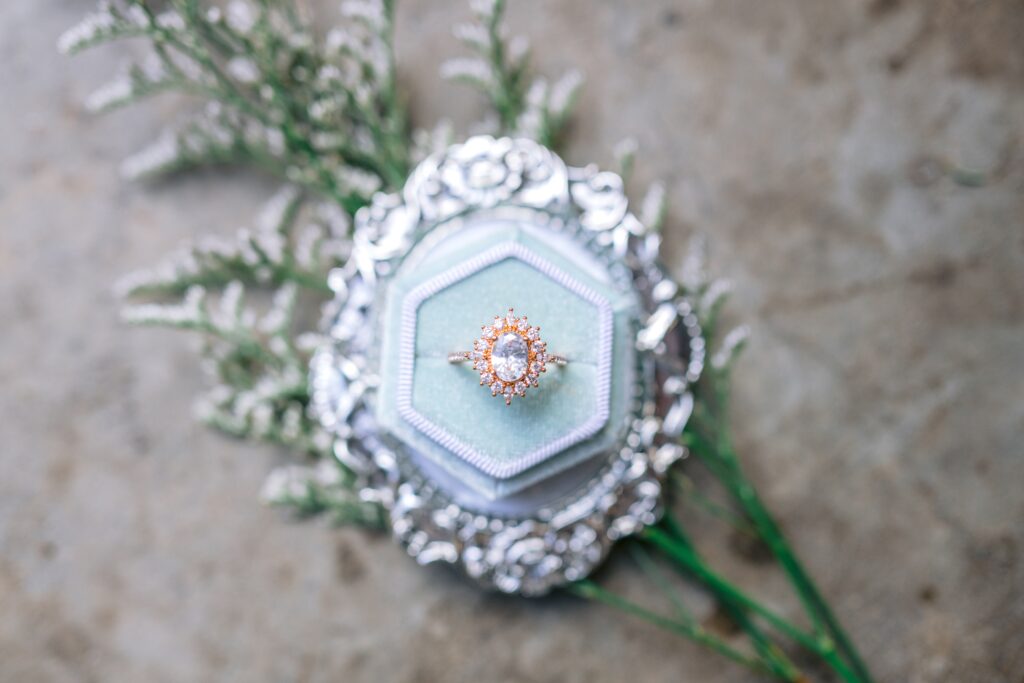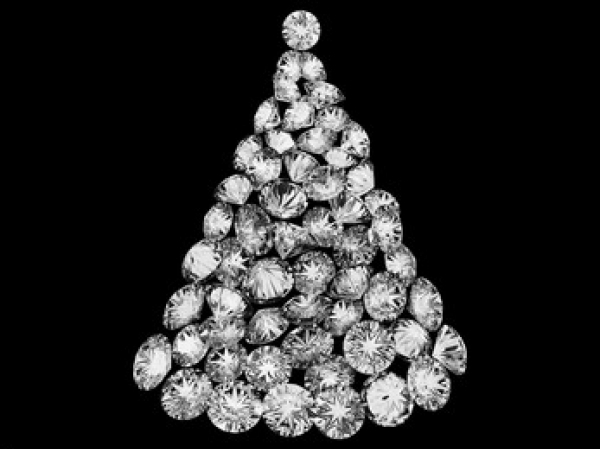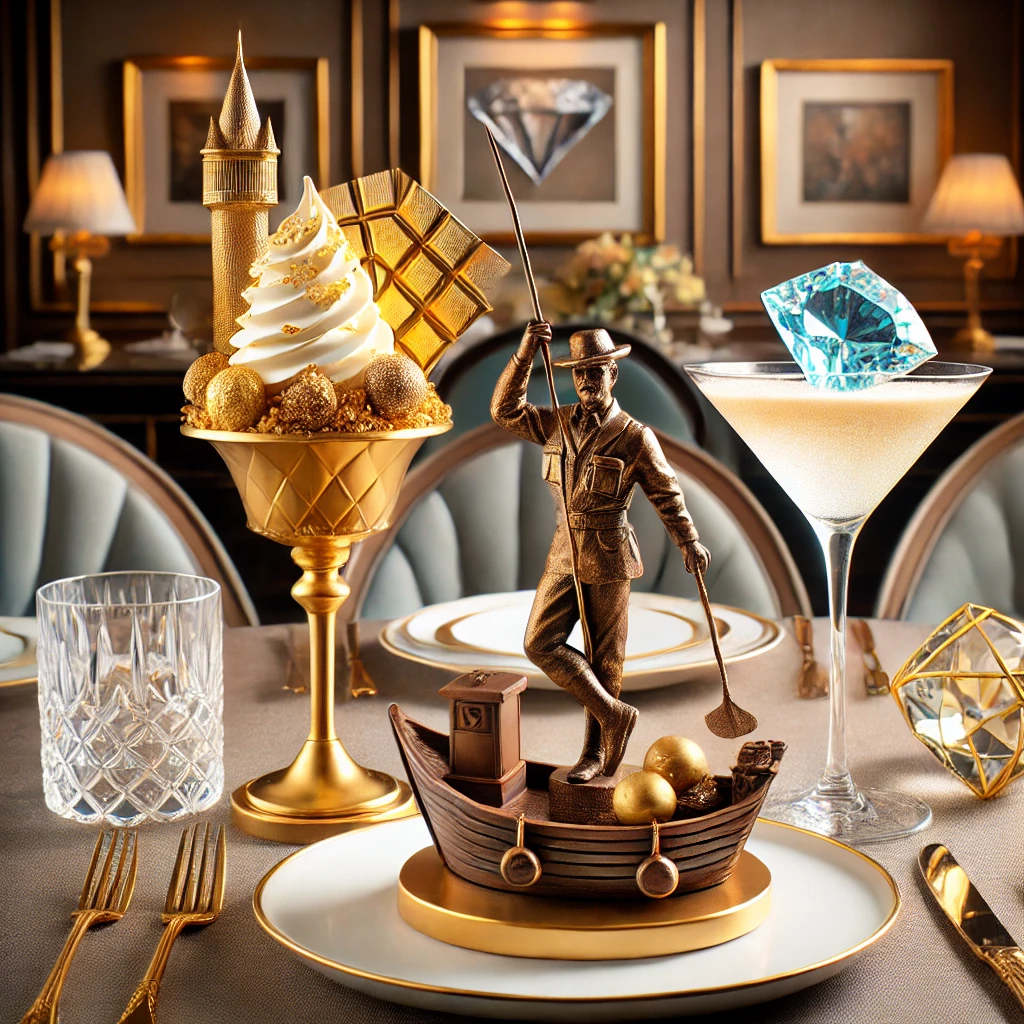Jewellery has been a part of human culture for thousands of years, with people across the globe appreciating and wearing it for a variety of reasons. While it’s undeniable that looking good is a big part of why people wear jewellery, there’s much more to it than meets the eye. Jewellery often carries deep meanings, representing religious beliefs, social status, cultural traditions, and personal connections. In this article, we’ll explore how different countries use jewellery in their traditions and what they share in common.
Jewellery as a Status Symbol
Jewellery has long been a symbol of wealth and social status in many cultures. In ancient Egypt, pharaohs were buried with gold jewellery, not only because of its beauty but also because it was believed to help them in the afterlife. Gold was considered the flesh of the gods, so wearing it was thought to bring the wearer closer to the divine.
In the Victorian era in Britain, jewellery was also a marker of wealth and social standing. Wealthy families wore elaborate pieces made from precious metals and gemstones to display their power and status. This tradition continues today, with diamond rings and luxury watches often seen as symbols of success and achievement.
Cultural Identity and Traditions
Jewellery is deeply connected to cultural identity and traditions in many parts of the world. In India, for example, jewellery is an essential part of life, especially during important ceremonies like weddings. One of the most significant pieces is the Mangalsutra, a necklace that a groom ties around the bride’s neck during the wedding ceremony. This necklace symbolises their marriage and marks the bride as a married woman.

In Africa, particularly among the Maasai people of Kenya and Tanzania, jewellery made of colourful beads is more than just decoration. The beadwork patterns and colours can tell a lot about a person, such as their age, social status, and even their mood. For the Maasai, jewellery is a way of expressing identity and tradition, passed down through generations.
In China, jade is considered a precious stone with deep cultural significance. For centuries, jade jewellery has been believed to bring good luck, protect against bad energy, and promote health. A jade bangle or pendant is often given as a gift to wish someone good fortune and well-being.
Spiritual and Religious Meanings
Jewellery also plays a significant role in religion and spirituality. In Buddhism, people use prayer beads, known as malas, to help them focus during meditation. These beads are often made from materials believed to have spiritual powers, such as sandalwood or gemstones.
In Christianity, wearing a cross necklace is a common way to show one’s faith. The cross reminds Christians of the sacrifice of Jesus Christ and is worn as a sign of devotion. Similarly, in Islam, jewellery with inscriptions from the Quran or the name of Allah is worn for protection and blessings.
Shared Traditions Across Cultures
Despite the differences in how jewellery is used around the world, there are some common themes that unite us all. For one, jewellery is often given to mark important life events, like weddings, births, and anniversaries. For example, in many cultures, exchanging rings during a wedding ceremony is a universal symbol of love and commitment. The circular shape of the ring, with no beginning or end, represents eternal love.
Another shared tradition is the idea of passing down jewellery through generations. Heirloom jewellery, such as a grandmother’s necklace or a father’s watch, carries the memories and stories of those who wore it before. This practice is common in many cultures and helps keep family history alive.
Conclusion
Jewellery is more than just an accessory; it is a powerful symbol that carries deep meaning across cultures around the world. Whether it’s used to show cultural identity, social status, religious beliefs, or personal connections, jewellery has a way of bringing people together through shared traditions and common values. No matter where you go, you’ll find that jewellery plays an important role in the lives of people everywhere, linking the past with the present and the individual with the community.









